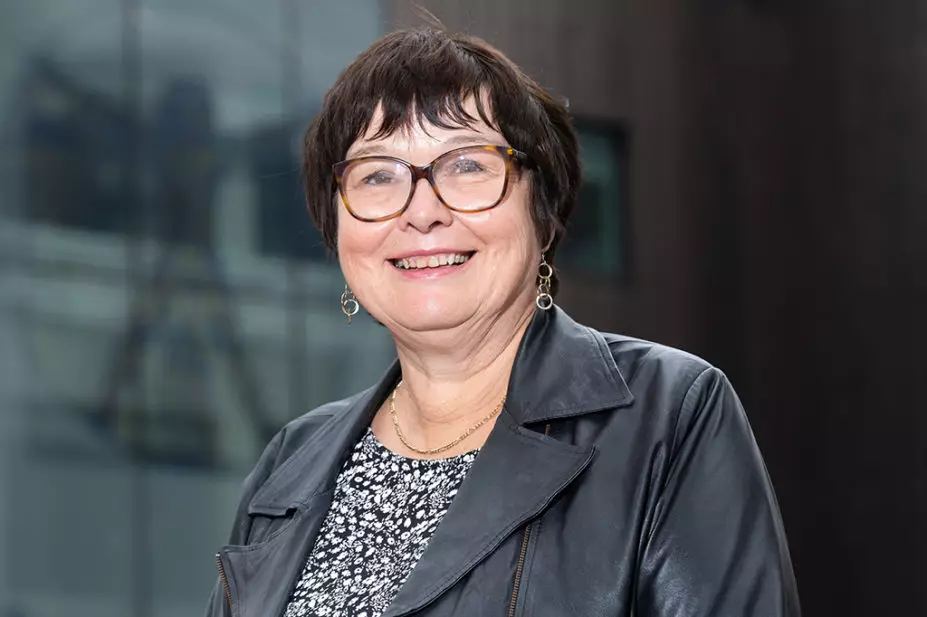
Jon Barlow
The Royal Pharmaceutical Society (RPS) has called for a review of fitness standards to reduce barriers to MPharm entry for students with disabilities.
The Higher Education Occupational Practitioners’ (HEOPS) ‘Standards of medical fitness to train‘, which offer guidance to people who provide occupational health advice to schools of pharmacy, aims to ensure students are fit to train as pharmacists and, upon graduation, able to perform all the duties of a pharmacist.
In a letter sent on 18 January 2022 to the General Pharmaceutical Council, which defines the standards of fitness, the RPS said: “A review of the standards is now overdue …[and] should include the assessment of functional capacity, in particular around our evolving societal approaches to mental health and neurodiversity.”
Under ‘Assessment of Functional Capacity’, the current guidance lists “examples of impairment needing careful assessment to ensure safe pharmaceutical practice”, including guidance on benchmarks for mobility, upper limb function, vision, hearing, speech, literacy and numeracy, skin function, interruption of consciousness and concentration, awareness, memory and the ability to learn and understand.
The guidance, which was most recently updated in 2013, obliges schools of pharmacy to make “reasonable adjustments” for students with disabilities. However, the RPS’s letter argues that “what is considered a ‘reasonable adjustment’ naturally changes over time”.
“There is also the question of how many potential students are put off applying in the first place,” the letter adds.
In a statement published on 19 January 2022, Claire Anderson, president of the RPS, said: “We want to ensure pharmacy can attract and retain talented individuals with disabilities.
“A review of the standards would be a positive step to making pharmacy a more inclusive profession that attracts the best students from around the world and enables them to thrive.
“We also want to give a voice to pharmacists to share their experiences of the common but underrepresented conditions that affect their lives and careers.”
The RPS’s call for updated guidance marks the beginning of its campaign on ‘Challenging barriers for pharmacists with disabilities‘, which launched on 19 January 2022. The campaign has been developed with input from RPS Ability, a team of volunteers from the Society’s Action in Belonging, Culture and Diversity group.
Amandeep Doll, head of professional belonging at the RPS, said that the Ability group had formed a reference group that highlighted barriers in the workplace.
“They have been instrumental in collating the disability microaggression-related reference and they are a key part of designing the disability awareness campaign, particularly with our advocacy asks: including the need to update HEOPS guidance as this was highlighted through those workshop discussions.”
Results from a survey conducted by the RPS in 2019 showed that disability was seen as the biggest career barrier in pharmacy, with more than half of the 839 respondents (56%) believing that more should be done to support pharmacists with disabilities.
Read more: More than 650 sign-ups to RPS inclusion and wellbeing pledge in its first week


